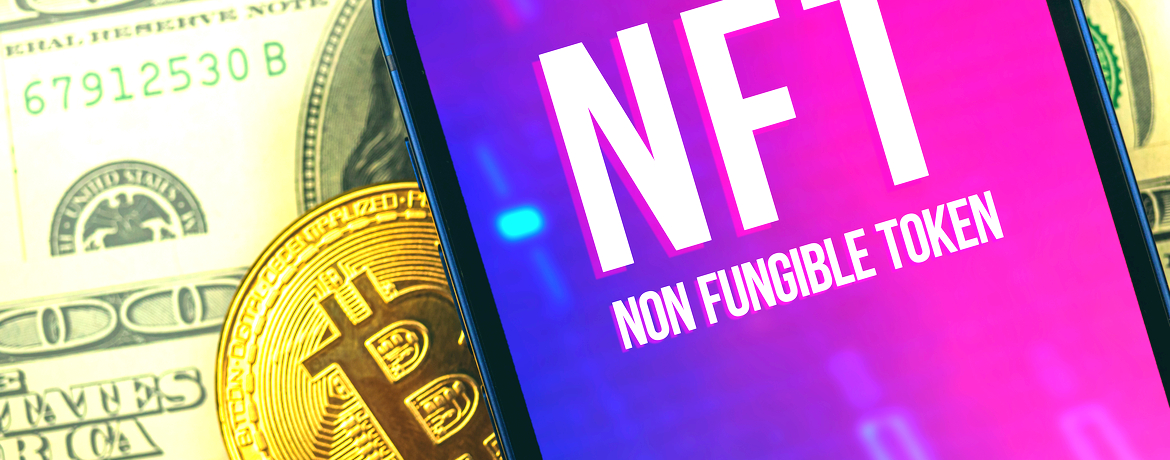“Do you have a wallet yet?” or “Has the transaction been entered into the blockchain?” Do you even understand what they’re saying? If you intend to dive into the digital world to do business, you really have no choice but to learn a new “foreign language”: the language of digital commerce.
In doing so, one quickly realizes that many terms are relevant to all digital fields. Be it “cryptocurrency” or “crypto art.” Therefore, we would like to briefly introduce you to the essential terms around the topic of crypto trading:
Do you speak „crypto“ yet?
What is a wallet?
A currency, whether it is digital or analog, needs to be stored somewhere. For traditional money, we use a wallet or a bank account. For storing or transferring digital currency, we make use of something called a wallet.
This allows you to make a transfer with digital currency just as easily as using online banking with the old familiar bank account. The crucial difference is that you need a separate wallet for each cryptocurrency.
What is a blockchain?
A blockchain is a unique database behind every crypto transaction. The technology makes it possible for this open system to operate without a central authority and yet with the highest security and integrity. This is also imperative, as a great deal of money may be at stake.
All transactions can be traced by every user because the blockchain is a kind of digital archive in which all transactions are stored one after the other, i.e. chronologically and linked to each other. This is practically nothing other than a digital, web-based, decentralized register, which cannot be manipulated due to its sophisticated technical structure and records all transactions made.
The blockchain is the heart of crypto technology and makes money flows independent of institutional bodies possible in the first place. The best-known cryptocurrency, Bitcoin, made it possible for the first time through this technology to carry out financial transactions without the supervision of a central state bank, such as the European Central Bank ECB or US Federal Reserve.
What is mining?
“Mining” refers to the process of producing cryptocurrencies with the help of a mining rig, a high-performance computer. Even though it would hypothetically be possible for anyone to produce cryptocurrencies, this requires special IT knowledge, suitable mining software and state-of-the-art hardware components that guarantee the corresponding computing power.
What does NFT stand for?
NFT is the abbreviation for “Non-Fungible Token”, which in German means: non-exchangeable, unique token.
A token is the digitized form of an asset based on blockchain technology. This technology serves as a backup system for identifying and tracking ownership. The NFTs are cryptographically encrypted as a block and stored in a chain, the blockchains. This is stored in such a decentralized manner on quite a lot of computers, so this technology reduces the risk of forgery or data loss.
Connected to this world full of new terminology, however, is the tax aspect behind trading cryptocurrencies or crypto art.
All details about taxation as well as tax-relevant process when paying with cryptocurrency, offsetting with speculation losses, exemption limits and what else there is to know can be found in our service area under Digital Income / Crypto Trading.
Questions about cryptocurrency & crypto art?
Our expert advises:

Rechtsanwalt
Fachanwalt für Steuerrecht
Geschäftsführer der ACCONSIS
Dr. Christopher Arendt
Selbstanzeigen
Steuerstrafverfahren
Internationales Steuerrecht
Service-Telefon
+ 49 89 547143
oder per E-Mail c.arendt@acconsis.de
My recommendation?
The tax aspect behind trading cryptocurrencies or crypto art also poses many dangers and challenges. I would be happy to provide you with individual advice on this and work with you to find solutions to safeguard your digital returns.
Please do not hesitate to contact me.
I will be happy to assist you in an advisory capacity.
Further contribution to the topic:
From cryptocurrency to crypto art: seeing through digital returns

